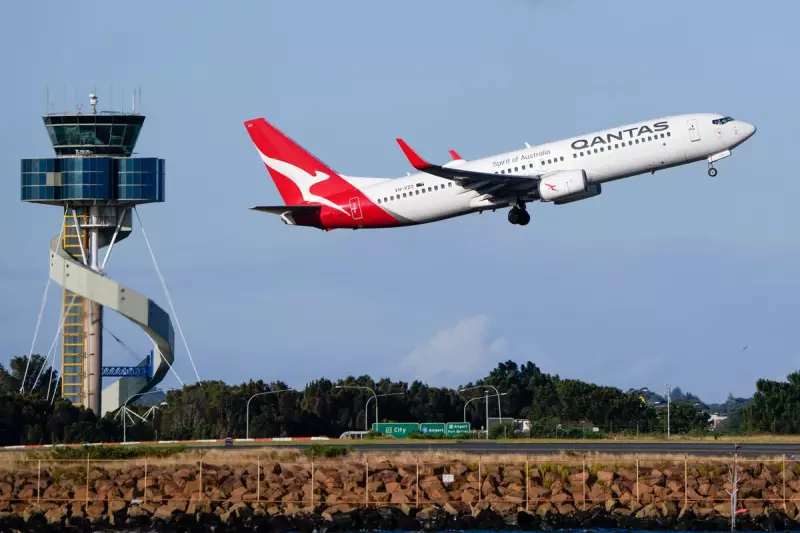
In a landmark ruling, Australia's High Court has found Qantas guilty of illegally sacking nearly 1,700 workers during the COVID-19 pandemic, a decision that has reignited public fury over the airline's controversial 'ghost flights' practices.
The Legal Battle
The court unanimously dismissed Qantas' appeal against a previous Federal Court ruling, upholding the decision that the airline breached the Fair Work Act by outsourcing its ground handling operations to third-party providers in 2020. This move effectively terminated the employment of baggage handlers, cleaners, and other ground staff across 10 Australian airports.
'Ghost Flights' Controversy
The verdict comes amid growing scrutiny of Qantas' pandemic-era operations, where the airline was accused of running near-empty 'ghost flights' to maintain lucrative airport slots while receiving substantial government subsidies. Critics argue this corporate strategy prioritised profits over both workers and taxpayers.
Union Victory
The Transport Workers Union (TWU), which led the legal challenge, hailed the decision as a watershed moment for workers' rights. "This sends a clear message that corporations can't simply discard loyal employees to cut costs," said TWU National Secretary Michael Kaine.
Financial Fallout
Qantas now faces potential compensation claims exceeding £50 million, with individual payouts estimated at £15,000-£20,000 per worker. The ruling also deals another blow to the airline's battered reputation following a series of scandals including mass flight cancellations and exorbitant ticket prices.
Corporate Response
In a statement, Qantas acknowledged the court's decision but defended its pandemic actions as necessary for survival. The airline claims it has already set aside provisions for potential compensation payments in its financial reports.
Legal experts suggest this precedent-setting case could have far-reaching implications for employment practices across Australian industries, particularly in how businesses approach workforce restructuring during crises.





